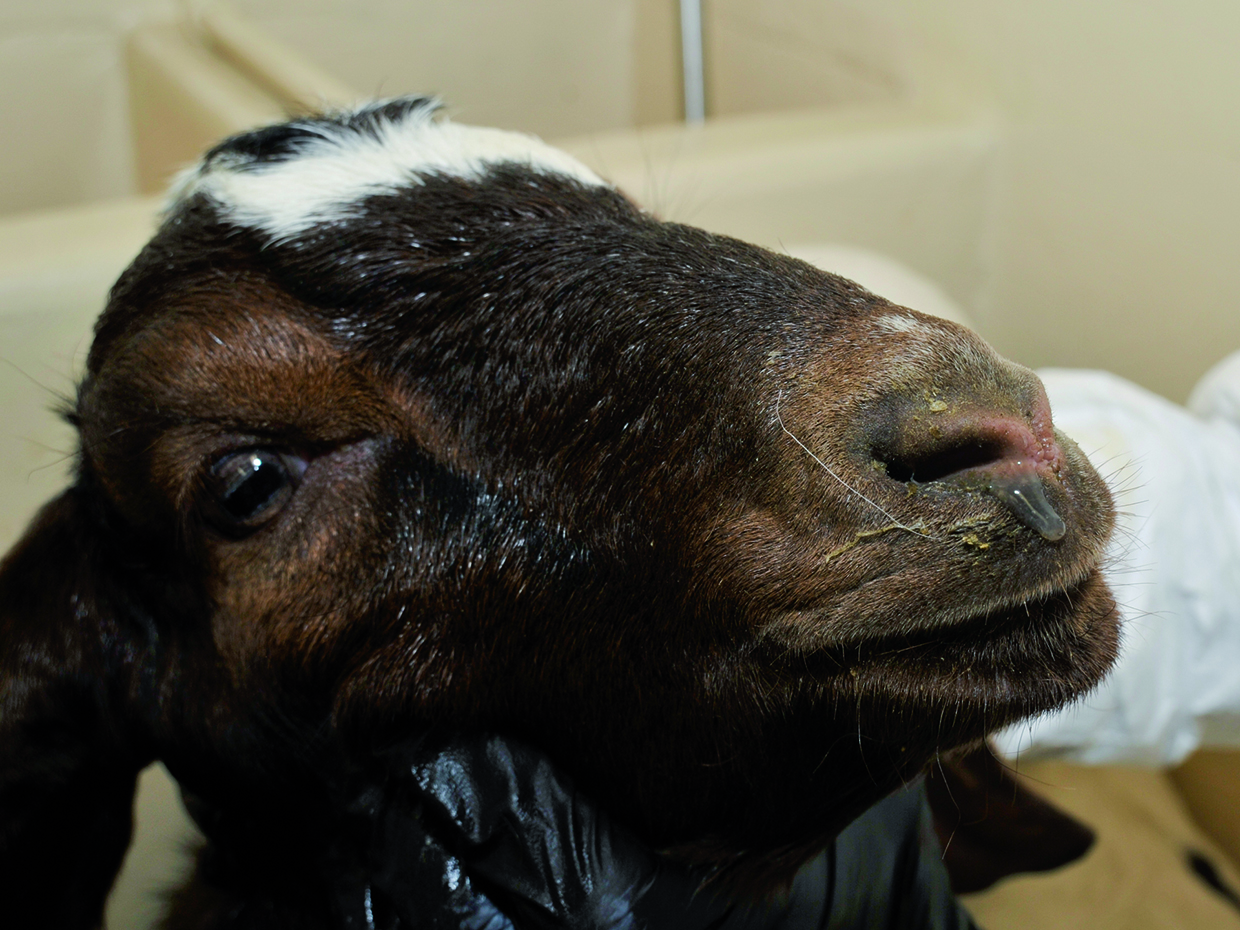Peste des petits ruminants (PPR) is caused by a morbillivirus closely related to the rinderpest virus and affects goats, sheep, and some wild relatives of domesticated small ruminants, as well as camels. While originating from Africa, PPR has spread to the Middle East and further east, up to China. Historically free from PPR, Southeast Asia is bordered by three infected countries where the disease is endemic.
With a mortality rate of up to 90%, PPR can have serious socio-economic consequences. However, the risk related to PPR has not been assessed in Southeast Asia. In addition, the sub-region has performed limited activities to prepare for any PPR incursion.
The World Organisation for Animal Health (WOAH, founded as OIE) Sub-Regional Representation for South-East Asia (SRR-SEA) launched a Consultancy to develop the capacity of the ASEAN region and member countries to prevent, prepare and respond to PPR. The work includes training of key staff from national veterinary services on PPR, carrying out the PPR risk assessment and development of ASEAN PPR Preparedness Strategy. The training of the animal health staff is conducted to raise awareness and enhance the knowledge and skills of key staff from national veterinary services on PPR.
An e-learning module has been implemented to conduct the training. It delivers two hours of content on PPR using the Articulate Rise platform.
Nominated participants from ASEAN Member States (AMS): Brunei, Cambodia, Indonesia, Lao PDR, Malaysia, Myanmar, Philippines, Singapore, Thailand and Vietnam. They are government veterinary staff working at national, sub-national and field levels. They joined the e-learning module from 4 to 17 October 2022. After completing this module, participants are able to:
A 1.5-hour virtual closing seminar was held on 18 October 2022 to conduct the evaluation of the e-learning module and to introduce the PPR risk assessment and development of the ASEAN PPR Preparedness Strategy.
Online training on PPR for animal health staff of ASEAN Member States (WOAH SRR-SEA)
